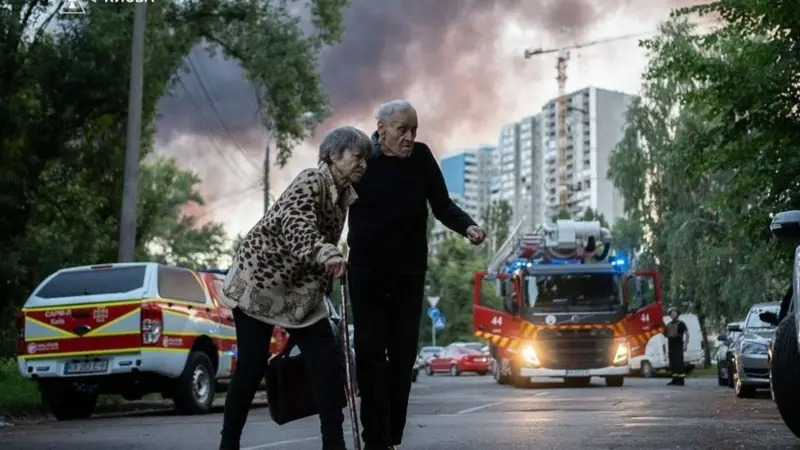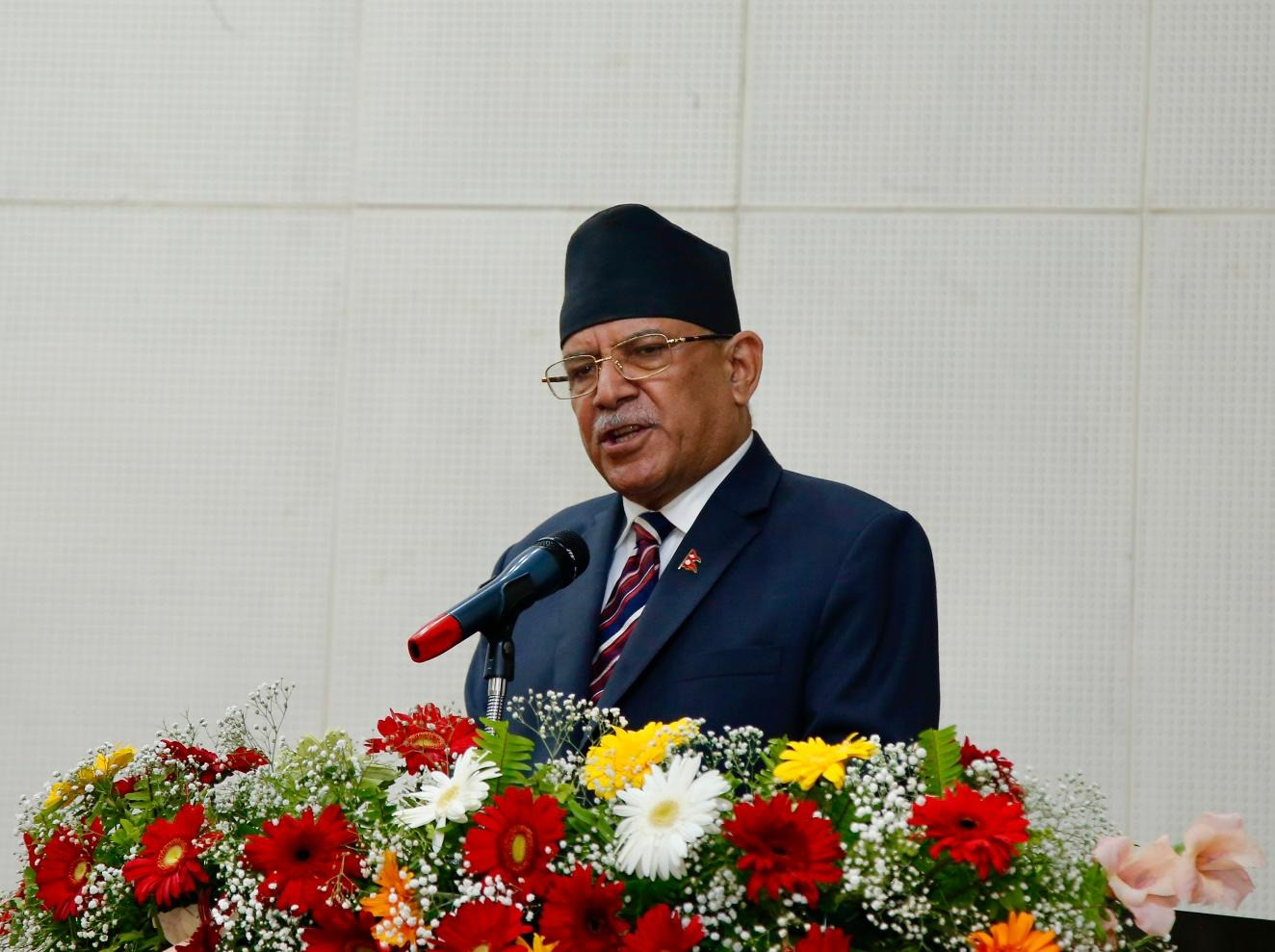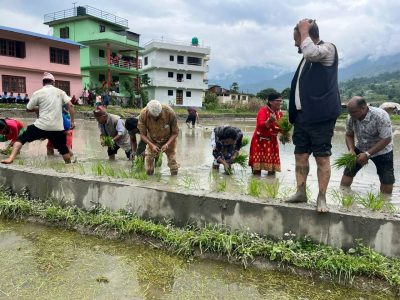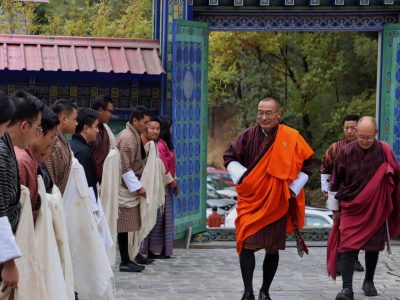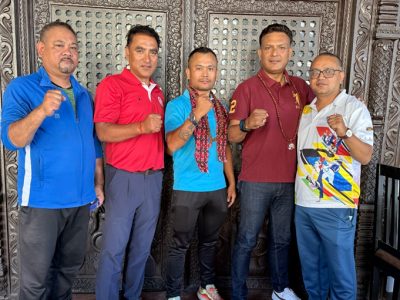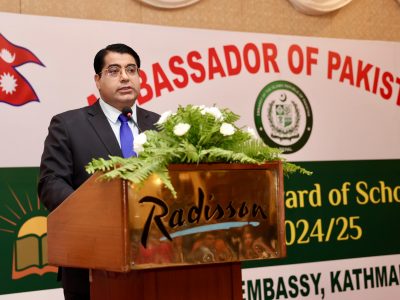Social Transformation, Politics, Role of Knowledge and Social Segregation in Nepal

Social transformation involves significant and profound changes in various aspects of society, including social structures, institutions, norms, values, and behaviors. The role of knowledge and politics is crucial in driving and shaping social transformation.
Politics holds a central role in steering and overseeing social evolution. The political framework offers channels to tackle societal concerns, enact policy revisions, and influence public conversations. Political leaders and institutions wield substantial sway over social transformation through policymaking, legislation, advocacy, and governance, dictating the trajectory and velocity of change by highlighting specific matters, mobilizing resources, and encouraging inclusive decision-making processes.
Conversely, knowledge assumes a crucial function in the social metamorphosis by equipping individuals and communities with information, comprehension, and awareness of social issues, challenges, and potential remedies. It enables people to scrutinize societal problems critically, question prevailing norms, and envisage alternative prospects. Knowledge acquisition and dissemination, facilitated by education, research, and communication, stand as pivotal catalysts in fostering progressive social evolution.
The nexus of knowledge and politics plays a pivotal role in driving societal change. Knowledge serves as the bedrock for sound decision-making and policy crafting, while politics shapes the execution and enforcement of these policies. Achieving effective and fair societal transformation hinges on the harmonious interplay of knowledge and politics. Evidence-based knowledge should guide political actions, ensuring impartiality in policy distribution and execution. It is crucial to acknowledge that this interplay is intricate, and influenced by factors like power dynamics, interests, ideologies, and societal context. Balancing knowledge-driven decision-making with inclusive political processes is imperative for sustainable, all-encompassing societal transformation.
The Role of Knowledge and Politics in Nepal
In Nepal, the synergy between knowledge and politics is pivotal in sculpting the nation’s advancement, governance, and societal evolution. Knowledge serves as the bedrock for informed decision-making, policy crafting, and evidence-backed initiatives, spanning diverse domains like scientific research, education, cultural heritage, and traditional wisdom. It plays a pivotal role in tackling social, economic, and environmental challenges, illuminating intricate issues such as poverty, inequality, climate change, and cultural preservation. Through stimulating innovation, knowledge fosters sustainable solutions and inclusive growth strategies.
Conversely, politics shapes governance and decision-making processes, influencing the course and execution of policies and initiatives. Political systems and institutions dictate resource allocation, power distribution, and legislative frameworks. Politics further molds the social and cultural fabric, impacting identity, representation, and social equity in Nepal.
In Nepal, politics plays a crucial role in ensuring equitable access to knowledge resources and creating a conducive environment for knowledge utilization. Effective policies in education, research, and innovation rely on political leadership and commitment. Political determination guides resource allocation and prioritizes knowledge-focused initiatives addressing socio-economic and environmental challenges. This interplay is intricate, with strong political dedication leading to increased investments in education, research, and infrastructure, fostering innovation and critical thinking. However, challenges persist, including limited education access, insufficient research funding, and marginalization of certain knowledge systems. Optimizing the knowledge-politics synergy through transparency, inclusivity, and collaboration can drive transformative change, enhance social cohesion, and promote sustainable development in Nepal.
The major challenge faced by Nepal is the limited understanding and awareness of the long-term consequences of social segregation.
Nepal faces a critical issue of limited knowledge concerning the enduring effects of social segregation, rooted in cultural, historical, and global dynamics. This segregation, driven by factors like caste, ethnicity, religion, gender, and wealth, is deeply ingrained in Nepalese society. However, the long-term consequences of this division are poorly understood, hampering efforts to address it effectively. Global political dynamics, economic dependencies, and cultural influences exacerbate these divisions, inadvertently perpetuating social inequality. To create meaningful social transformation, Nepal must enhance its understanding of the lasting impact of social segregation, while also navigating global political complexities to develop effective strategies for change.
Social segregation has been fueled by political interests
The division and exclusion of certain social groups based on factors such as caste, ethnicity, religion, gender, and economic status have been deeply ingrained in Nepal’s society. However, these divisions and exclusions were further exacerbated during periods of regional conflicts, such as the Democratic Movements throughout the history of Nepal and the contemporary movements like the Maoist Movement, the Madhesi Movement, and other movements driven by various political interests. These conflicts, fueled by political ambitions and regional tensions, intensified societal divisions, and heightened social segregation. They created an environment where certain groups faced marginalization, discrimination, and limited access to resources and opportunities. The consequences of these divisions have had long-lasting impacts on social cohesion, economic development, and political stability in Nepal.
Addressing Nepal’s historical and ongoing challenges of social segregation and exclusion is essential for building a more inclusive society. This involves raising awareness, facilitating dialogue, implementing inclusive policies, and empowering marginalized communities. It also requires fostering understanding, empathy, and respect among different social groups through education, awareness campaigns, and community engagement. Social transformation goes beyond political movements, demanding a collective effort to challenge prejudices and promote inclusivity for a more just and cohesive society.
Minimization of Social Segregation
To combat social segregation effectively, it’s imperative to ensure the meaningful participation of marginalized groups in decision-making, policy formulation, and governance. Empowering these communities through education, skills training, and economic opportunities can break the cycle of exclusion and foster equity.
Addressing divisions and exclusions resulting from political conflicts and power struggles demands a collective commitment in Nepal. Recognizing inclusivity’s importance, embracing diversity, and promoting social cohesion can pave the way for a society where everyone enjoys equal opportunities and rights, irrespective of their caste, ethnicity, religion, gender, or economic status.
A significant contributing factor to this issue is a lack of understanding of social, political, economic, and cultural transformation and the role of knowledge in it. Inadequate awareness hampers progress in tackling social segregation and leveraging knowledge-based approaches for positive societal change.
To address this challenge, investments in research, education, and awareness initiatives are crucial. Comprehensive studies and analyses should explore the consequences of social segregation, global political influences, and knowledge’s transformative potential.
Promoting interdisciplinary research and collaboration among scholars, policymakers, and practitioners is vital. Academic institutions and research organizations play key roles in generating knowledge and disseminating research findings. Incorporating topics related to transformation into curricula cultivate informed citizens who can contribute to societal change actively.
Public awareness campaigns, community engagement, and dialogues involving diverse stakeholders can broaden understanding and awareness of social segregation and knowledge’s role in transformation. These initiatives empower individuals to challenge societal norms and work towards a more inclusive and equitable society.
Nepal faces significant challenges due to limited knowledge about the long-term impact of social segregation, global political dynamics, and social, political, economic, and cultural transformation. Addressing these issues necessitates a multifaceted approach involving research, education, awareness-building, and community engagement. By investing in knowledge generation, dissemination, and application, Nepal can progress toward a more inclusive and equitable society committed to eliminating social segregation and fostering positive societal transformation.
In Conclusion, I think, In Nepal, the interplay of knowledge and politics is crucial for driving social transformation and addressing the challenge of limited awareness regarding the enduring consequences of social segregation. To combat these issues, Nepal should invest in research, education, and awareness initiatives focused on the long-term effects of social segregation. Interdisciplinary research, collaboration between scholars and policymakers, and integrating relevant topics into education curricula are key strategies. Public awareness campaigns and community engagement empower individuals to challenge societal norms. Harnessing knowledge and inclusive political processes can promote social cohesion, reduce disparities, and foster a more equitable and prosperous society, shaping Nepal’s future towards sustainability and inclusivity.
Facebook Comment
latest Video
Trending News
- This Week
- This Month


